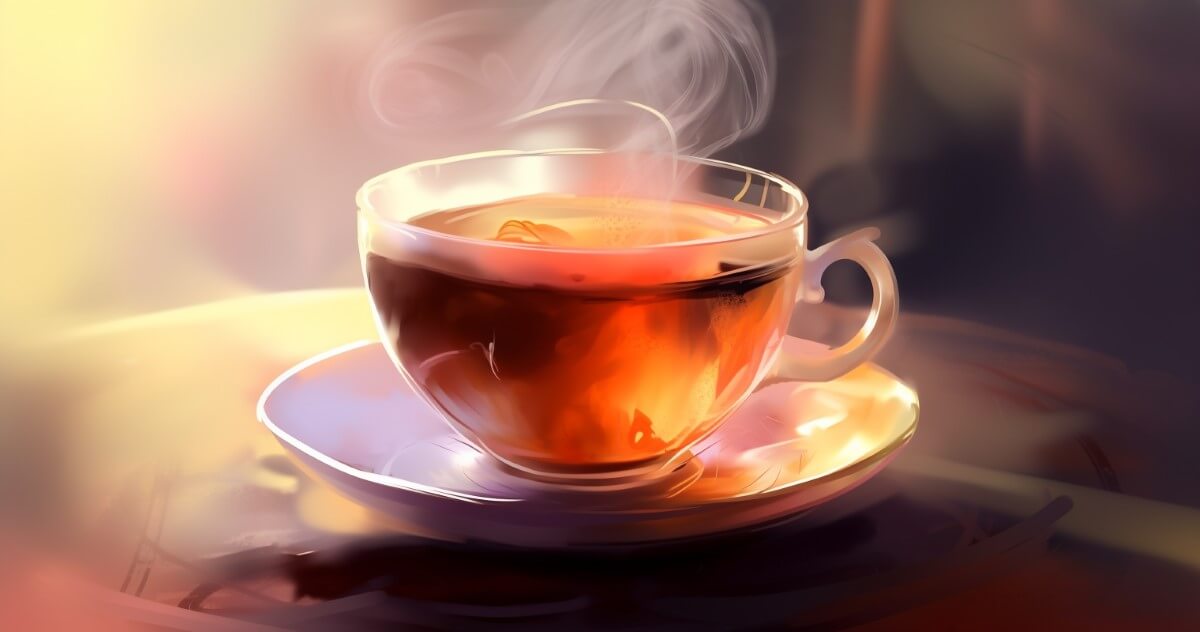not one’s cup of tea
Meaning of the phrase:
-not something one likes, prefers, or is interested in
· She invited me to a yoga class, but it's definitely not my cup of tea. I'm more of a couch potato than a pretzel.
Origin of the phrase:
If you’re like me, you probably love a good cuppa. Tea has been a beloved beverage for centuries, particularly in the UK, where it has become a cornerstone of the culture. It’s often associated with relaxation, hospitality, and comfort, and has been known to cure everything from a broken heart to a bad hair day. After all, there’s nothing quite like sipping on a warm mug of tea on a chilly evening. But what about when something is just not one’s cup of tea?
The phrase “not my cup of tea” has become a common way to express disinterest or dislike of something. While tea has given rise to many idioms and expressions in British culture, “not my cup of tea” is perhaps one of the most well-known. In the affirmative, “cup of tea” is just one of these phrases, dating back to the late 1800s. In its original context, the phrase was used to describe a person whom one was quite fond of, a favored friend. In fact, the earliest known reference to this particular version of the phrase in print can be found in William de Morgan’s book, Somehow Good, from 1908:
He may be a bit hot-tempered and impulsive… otherwise, it’s simply impossible to help liking him.” To which Sally replied, borrowing an expression from Ann the housemaid, that Fenwick was a cup of tea. It was metaphorical and descriptive of invigoration.
Sally describes Fenwick as a “cup of tea,” metaphorically likening him to a strong and invigorating brew, a little bitter at times, but ultimately invigorating and uplifting. Sure, he may have a few flaws, but ultimately a favored friend.
Over time, however, the phrase has taken on a negative connotation. These days, it’s more common to hear someone say that something or someone is “not their cup of tea.” The negative form of the expression has been in use since the 1920s, but it really took off during the 1940s. One of the earliest examples of such a use comes from an article in the newspaper The News, printed on November 9th, 1940. The author writes:
Most people have quite the wrong idea of [Noel] Coward. I thought of him as a playwright and an actor and probably not ‘my cup of tea‘ at all until I met him. But he is very virile, energetic, quiet-minded man, with and extremely wide range of interests. Old ladies feed out of this hand, and the troops like him-which is a wide range.
So, it goes to show that just because something or someone may not seem appealing at first, they could turn out to be surprisingly enjoyable, much like a cup of tea that may seem unappetizing but ultimately satisfies..
Well, there you have it folks, the origin and meaning of the phrase “not my cup of tea.” It just goes to show that while some things are universally loved, like a good cuppa, other things are just not meant for everyone. So, the next time someone offers you something that’s “not your cup of tea,” just politely decline and remember that there are plenty of other cups of tea out there!
